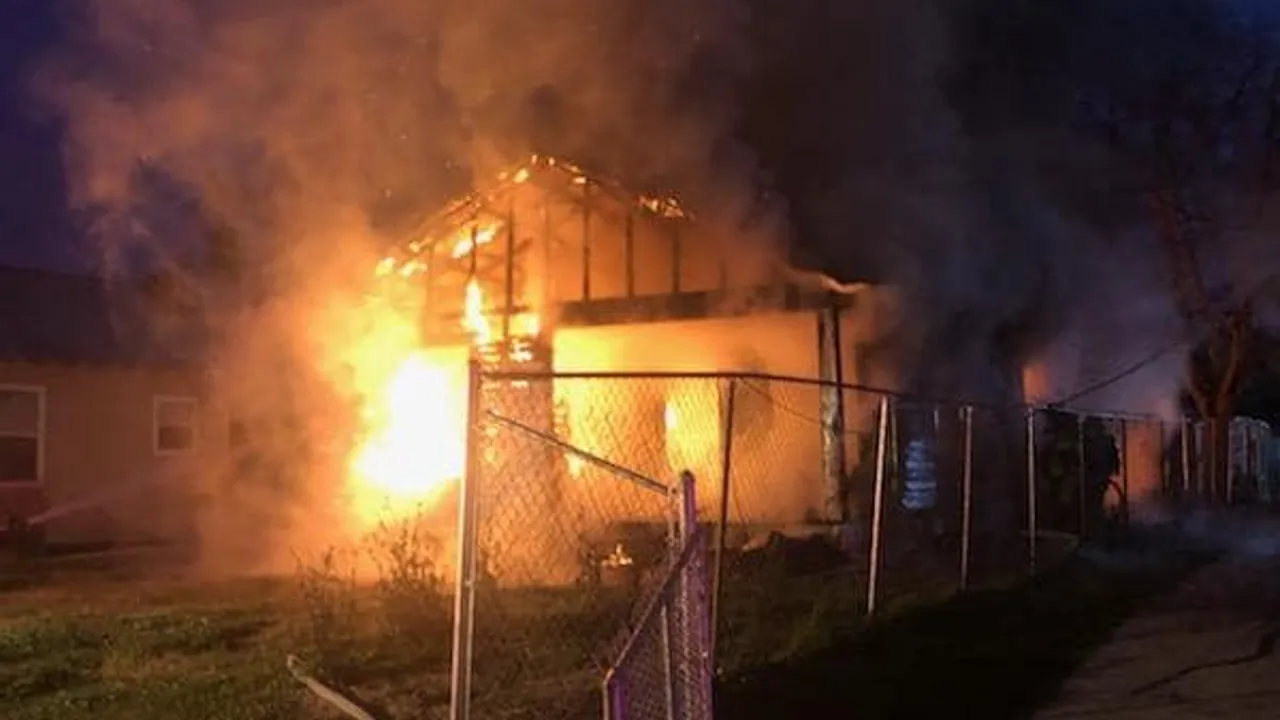As wildfires continue to rage across Canada, authorities have issued mass evacuation orders, leaving thousands of households displaced and significant areas devastated by the flames. The provinces of British Columbia and the Northwest Territories are particularly affected, grappling with widespread fires that have led to emergency declarations and urgent responses to contain the disaster.
In British Columbia, approximately 15,000 households have been forced to evacuate their homes as firefighters battle the inferno that has engulfed entire neighborhoods. The city of West Kelowna, home to 36,000 people, has witnessed a “significant” number of buildings catching fire, prompting the evacuation of over 2,400 homes. The situation became so dire that the entire province declared a state of emergency, with hundreds of separate fires blazing across the region.
Meanwhile, the city of Yellowknife, the capital of Canada’s Northwest Territories, is also facing a colossal wildfire threat. Despite an official evacuation deadline, nearly all residents managed to leave the city in a race against time to escape the encroaching flames.
David Eby, Premier of British Columbia, expressed the severity of the crisis, stating that this year’s wildfire season is the worst the province has ever witnessed. The escalating fires led to his declaration of a provincial state of emergency, allowing swift access to resources needed to support communities.
The Canadian Interagency Forest Fire Centre (CIFFC) reported that over 1,000 active fires are burning across the country, contributing to the most severe wildfire season on record. Climate change is considered a significant factor, as rising temperatures and prolonged drought create ideal conditions for fires to spread rapidly.
Despite the determined efforts of firefighters, West Kelowna’s fire chief described the situation as “devastating,” with significant structural damage already reported. The crisis highlights the urgent need for robust climate adaptation strategies and preparedness measures to mitigate the impact of increasingly frequent and intense wildfires. As Canada grapples with the relentless fires, communities, authorities, and environmental experts are united in their call for continued vigilance and immediate action in the face of this growing disaster.




